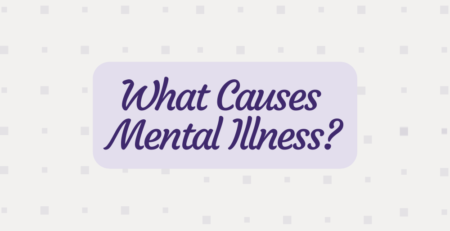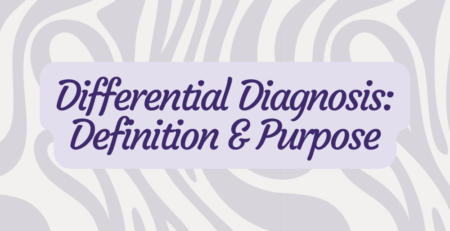Borderline Personality Disorder Relationships
Borderline personality disorder is a complex mental health condition that significantly impacts emotions, behavior, and relationships. At Serene Behavioral Health, we understand the challenges that come with managing BPD, especially in the context of close relationships.
How Do BPD Traits Affect Relationships?
BPD’s characteristics include unstable emotions and self-image, impulsivity, and a chronic fear of abandonment. People with BPD often exhibit an ongoing pattern of varying moods, self-image, and behavior. These symptoms can result in unpredictable behaviors and significant challenges in relationships.
- Impulsivity: This trait can manifest in sudden decisions that may disrupt relationship stability. Sudden arguments and risky financial choices can strain partnerships and family dynamics.
- Mood swings: The emotional instability typical of BPD can trigger intense episodes of anger, depression, and anxiety. These mood swings can be confusing and exhausting for partners, often leading to misunderstandings and conflicts.
- Fear of abandonment: One of the most striking features of BPD is a profound fear of rejection, whether real or imagined. This characteristic may make you clingy or needy, which pushes loved ones away.
- Poor decision-making skills: Difficulty making reasonable choices can challenge relationship norms and expectations.
- Intense relationships: BPD may cause black-and-white thinking, putting your partner on a pedestal one moment and believing they are against you in the next. These extreme swings might make your relationships feel either very close or extremely distant.
Treatments Available for BPD
Some of the most effective BPD treatments are cognitive behavioral therapy and dialectical behavioral therapy. These approaches can help you identify and change negative thought patterns to reality-based, positive ones. A therapist will teach you how to live in the moment, improving your confidence and self-awareness.
- Medication: While the FDA has not approved prescription drugs specifically for BPD, medications like antidepressants, mood stabilizers, and antipsychotics can help manage some symptoms.
- Group therapy: You need a safe space to express your feelings, share your experiences, and learn healthier ways to interact with others.
- Couples and family therapy: These modalities will educate your family members about borderline personality disorder, helping you develop better communication and conflict-resolution skills.
Discover Your Path to Freedom at Serene Behavioral Health
Borderline personality disorder is a complex condition that requires compassion and specialized care. It can cause many difficulties in forming and sustaining healthy relationships. At Serene Behavioral Health, our experienced professionals use a combination of evidence-based approaches to tailor BPD treatment to your specific needs, empowering you to make meaningful improvements in your life. If you struggle with borderline personality disorder, reach out to us to explore how treatment can lead to better stability and happier, healthier connections. Our team is available to take your call 24/7.
















